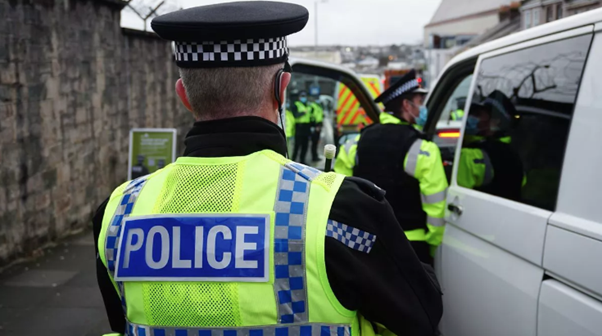Contrary to popular misconception, having “fully comprehensive insurance” does not mean that you are insured to drive any vehicle, unless the policy specifically states that you’re insured to drive other vehicles. Where the policyholder is covered to drive other vehicles on a third party only basis, this does not apply to named drivers on the policy and the other vehicle must be covered by a policy of insurance separately.
So, what is fully comprehensive insurance?
Fully comprehensive insurance offers broader protection than basic third-party insurance. Key features of fully comprehensive insurance include cover for:
- Damage to your vehicle, regardless of who is at fault.
- Damage to other people’s property or injuries cause by your vehicle.
- Fire damage and theft of your vehicle.
Some policies may include additional benefits, such as the policyholder being covered to drive other vehicles, windscreen repair, legal expenses, and courtesy car provision. Fully comprehensive insurance for young drivers never usually provides cover for other vehicles.
Fully comprehensive insurance does not give you a free pass to drive any vehicle you want. Here’s why…
- Named drivers
Fully comprehensive insurance typically only covers named drivers listed on the policy. If you lend your car to someone who is not listed, they won’t be covered.
- Other vehicles
Similarly, your fully comprehensive insurance will not extend to other vehicles unless it specifically states this. If you plan to drive someone else’s car, you need to check that your fully comprehensive policy includes driving other vehicles.
- Exclusions
Policies have exclusions. For example, if you drive a vehicle you are not licenced for (e.g. a large van), you may not be covered.
Fully comprehensive insurance is robust coverage for your own vehicle, but it doesn’t grant you cart blanche to drive any car. Always check your policy details, understand the limitations and avoid assumptions to avoid committing an illegal offence.
What consequences could you face for driving without insurance?
Even if the vehicle is insured, if you are not correctly insured to drive it, you could face penalties:
- A fixed penalty (£300 fine a 6 penalty points).
- If your case goes to Court – an unlimited fine and disqualification from driving.
- Vehicle seizure
The police have the authority to seize and impound a vehicle being driven without insurance. You may also face a fee to release your car from impound.
- Higher insurance costs
Your premiums can increase and insurance costs upon renewal may rise as insurers view driving without insurance as high risk behaviour.
If you have been accused of a no insurance offence, it is extremely important to seek specialist legal advice before responding to any paperwork.
Contact our specialist Road Traffic Defence Team today for a free initial consultation. Call us today at 0161 930 5151, email us at crimeandregulatoryteam@gorvins.com or fill in the online form.

